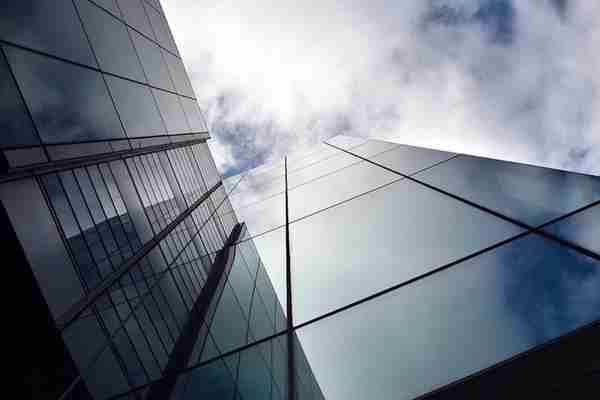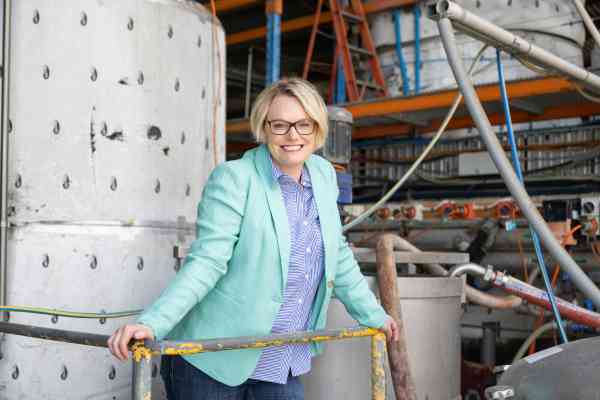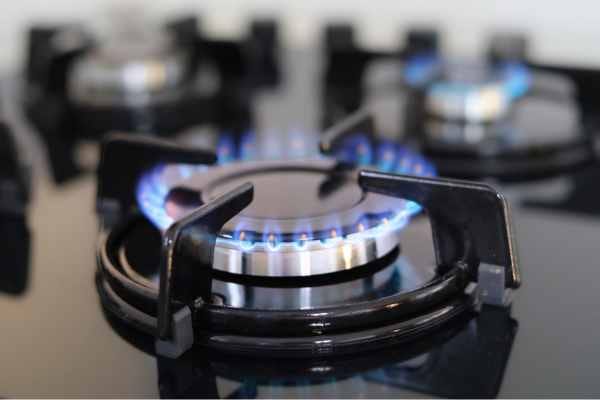A window into the future
A new breed of glass panels use vacuum tech to cut the carbon footprint of buildings new and old.

These glass panels use vacuum technology to cut the carbon footprint of buildings new and old.
Buildings gobble almost of third of the world’s energy usage and churn out around 30 per cent of global carbon emissions.
Within this equation, building experts say that windows are generally the weakest link when it comes to temperature control.
But that could be about to change thanks to a new innovation from US startup LuxWall, which has found a way to create Vacuum Insulated Glass – which is based on the same principle as a thermos – at an affordable price-point.
LuxWall’s glazing innovation, which consists of two vacuum-insulated coated glass panes, has been engineered to reduce the energy demand of heating, ventilating, and air conditioning.
LuxWall says Net Zero Glass can reduce a building’s heating costs by up to 45 per cent and its cooling costs by up to 20 per cent. Mainstream adoption of the patent-pending product, the company says, could cut global carbon emissions by 14 per cent.
The glass can also be installed into existing commercial window frames, so building owners would not need a façade or window replacement to gain the benefits. Net Zero Glass can also be customised for different climates.
LuxWall raised US$33 million earlier this year to help scale-up production, with the company planning to open a new facility next year.
This latest funding round, which brought the company’s total backing to $39M, was led by VC company 2150, and included its former investors – Bill Gates-founded Breakthrough Energy and Prelude Ventures – as well as a new investor, Khosla Ventures.
LuxWall CEO Scott Thomsen said: “This recent funding represents a significant milestone and we’re delighted to welcome the support from this team of investor titans from the climate and built environment world.”
Christian Jolck, partner and co-founder of 2150 said, “LuxWall’s Net Zero Glass presents an innovative solution worthy of the 21st century and we couldn’t be more excited to support Scott and his team with decades of industrial experience innovating the glass industry on this journey.
"[LuxWall has] produced a highly insulating and durable window product that can contribute to the major decarbonisation challenge we are facing."
LuxWall was founded in 2016 by a group of scientists and engineers in materials science, applied physics, and process engineering. The company has already sold around 2,500 glass panes, mainly for offices.
Thomsen, a former glass company exec, said efforts to produce vacuum-insulated glass in the past had failed to create an affordable solution. LuxWall, in contrast, had managed to reduce production costs using a continuous, low-heat manufacturing process.
He described the company’s funding success as “a huge step, validating our science-first principles that have produced a highly insulating and durable window product that can contribute to the major decarbonisation challenge we are facing”.
Another green tech innovator eyeing the built environment is Australian publicly-listed company ClearVue Technologies which makes solar-power generating skylights that use a special glazing system made from nano and micro particle technology.
The glass can internally diffuse, redistribute, and reflect elements of the incoming light towards the edges of the glass panel where it is collected by monocrystalline silicon-based PV modules. These PV modules are then placed into a circuit which is optimised to harvest energy rays coming from multiple directions, even when cloudy.
Another startup from Israel, ThermoTerra, is developing a system that harvests energy from fluctuations in humidity. Water vapour in the air that’s absorbed onto or into an absorptive material transfers a significant amount of energy, according to the company, and this forms the basis of its solution, with sensors embedded in the walls controlling the system.
Other companies working on the CO2 footprint of buildings include US company Aeroseal which has developed tech to seal the holes in air ducts and vents. The company connects its technology to the heating and air system in a home or business to distribute its non-toxic, water-based sealing formula.
The tech
LuxWall has been able to bring down the production costs of vacuum insulated glass by using a continuous, low-heat manufacturing process, lowering the temperature by about 250C compared with other processes. LuxWall’s Net Zero Glass delivers R-12+ to R-15+ thermal insulation, which it says is up to four times that of current product offerings at R-3 to R-7. The product can be customised to different climates using variations in coating, and for different window sizes using different glass thickness levels. It can also be made to suit various configurations to allow drop-in replacement of glass. LuxWall says its Net Zero Glass technology reduces building heating costs by up to 45 per cent and cooling costs by up to 20 per cent, and with mass adoption, could reduce global carbon emissions by 14 per cent.
Who funds it
The company has raised US$39 million to date, and the latest $33m round was led by VC company 2150 and included Breakthrough Energy, Prelude Ventures, and Khosla Ventures.
Is it ready to roll
LuxWall currently operates a pilot production line in Ypsilanti, Michigan, and plans to use its recent funding round to open a new facility in order to scale up production next year.





